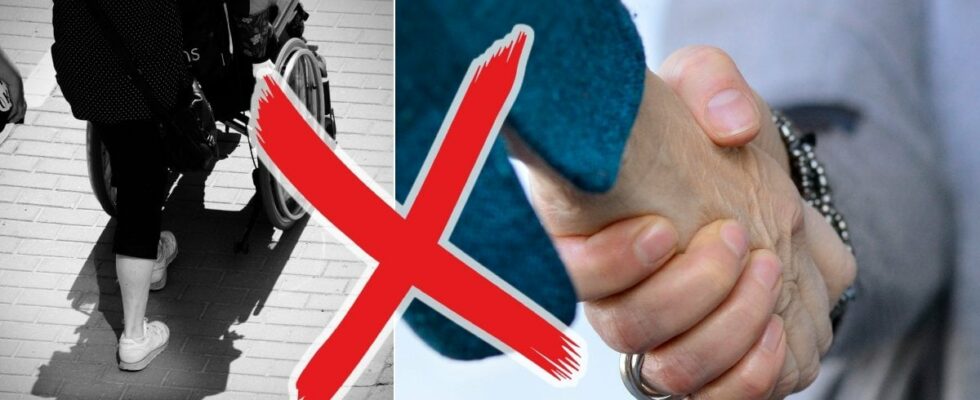A man was employed by the home service in Härryda municipality and was first received by a female colleague who extended her hand. But the man refused to return the gesture. Later in the same day, the incident was repeated with another female colleague.
DON’T MISS:
Systembolaget stops alcohol-free beer – contains strong beer
The call: 12 substances in food supplements should be banned
Got fired on the first day – reports to DO
The man himself states that he cannot shake hands with women who are not his wife, daughter, sister or mother-in-law because he is a Muslim. When questioned by a female colleague, he is said to have replied that he “believes in Islam 100 percent”.
It would not be long before the head of the municipality asked the man to appear for a meeting. There, the manager is said to have said that the man cannot keep his job if he refuses to shake hands with women. But the boss and the new hire didn’t get along. The employment contract was terminated.
The man has now reported the employer to the Discrimination Ombudsman (DO), something like Härryda-Posten was the first to report on.
DO is now tasked with investigating the case. If the complainant gets what he wants, the municipality may pay damages. The municipality has denied the accusations.
READ MORE:
New parking law to come into effect – criticized by Ica traders
The authorities’ stark warning: Watch out for these stores
The employer’s response: “A legitimate concern”
“The employer’s decision was partly due to the fact that female employees felt violated and treated differently because XX refused to greet them, which was due to their gender” writes Anders Petterssonpersonnel manager at Härryda municipality, in an email to Dagens Nyheter.
It is not only the treatment of other colleagues that worries Petterson. He asks himself whether the man in his job in home care would be comfortable with physical contact at all.
“A justified concern that he would not perform his duties in cases where physical contact with other workers is required and that he would be uncomfortable with physical contact with the users, which would affect them negatively,” writes Petterson to the newspaper.
